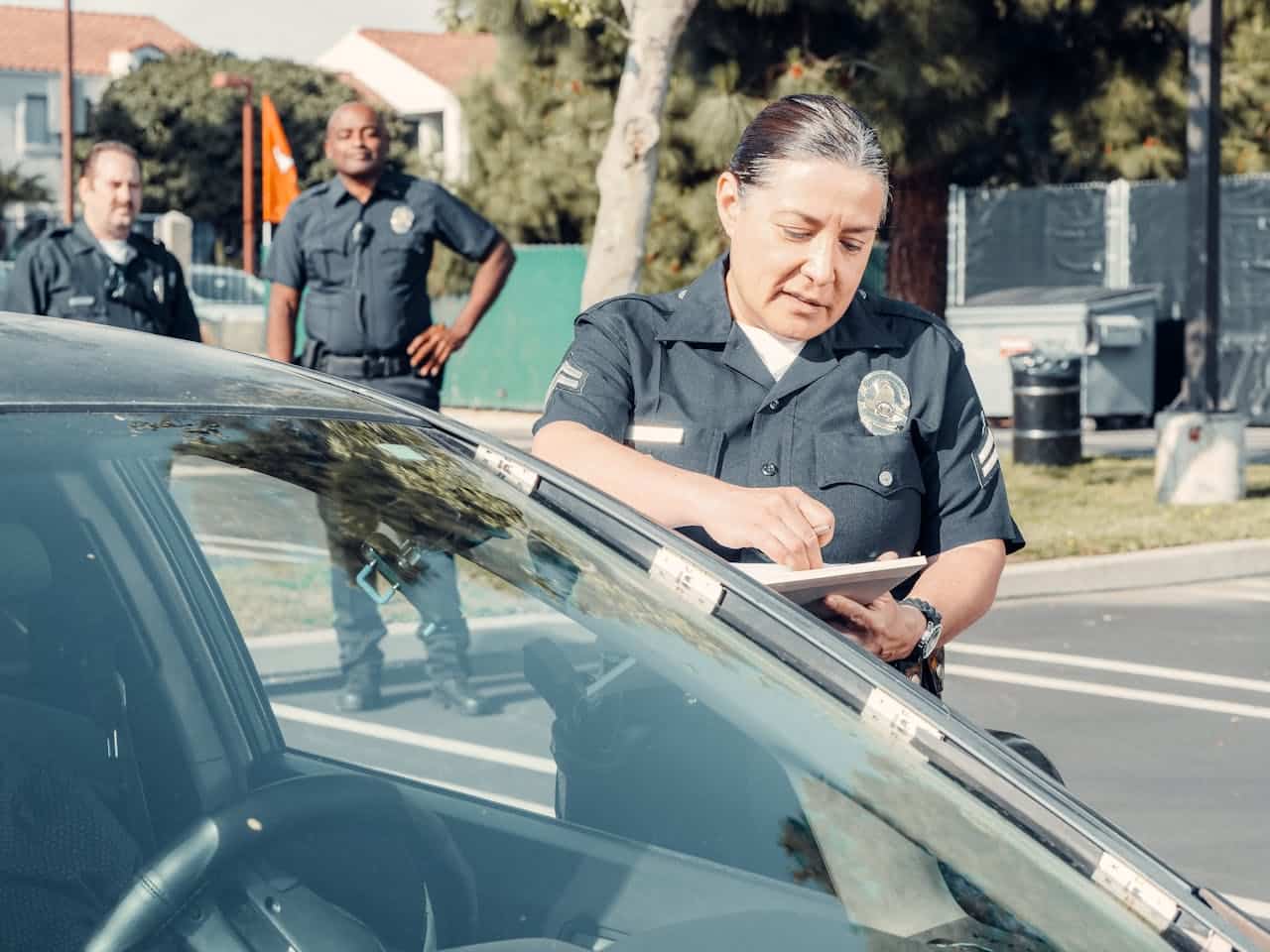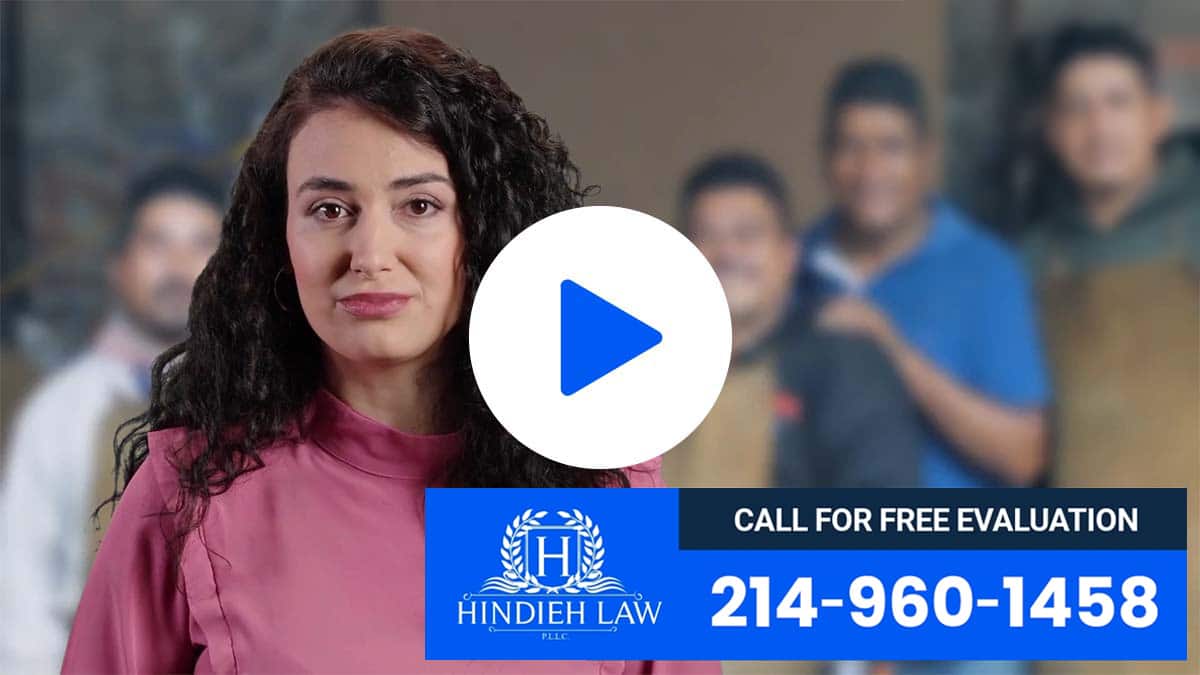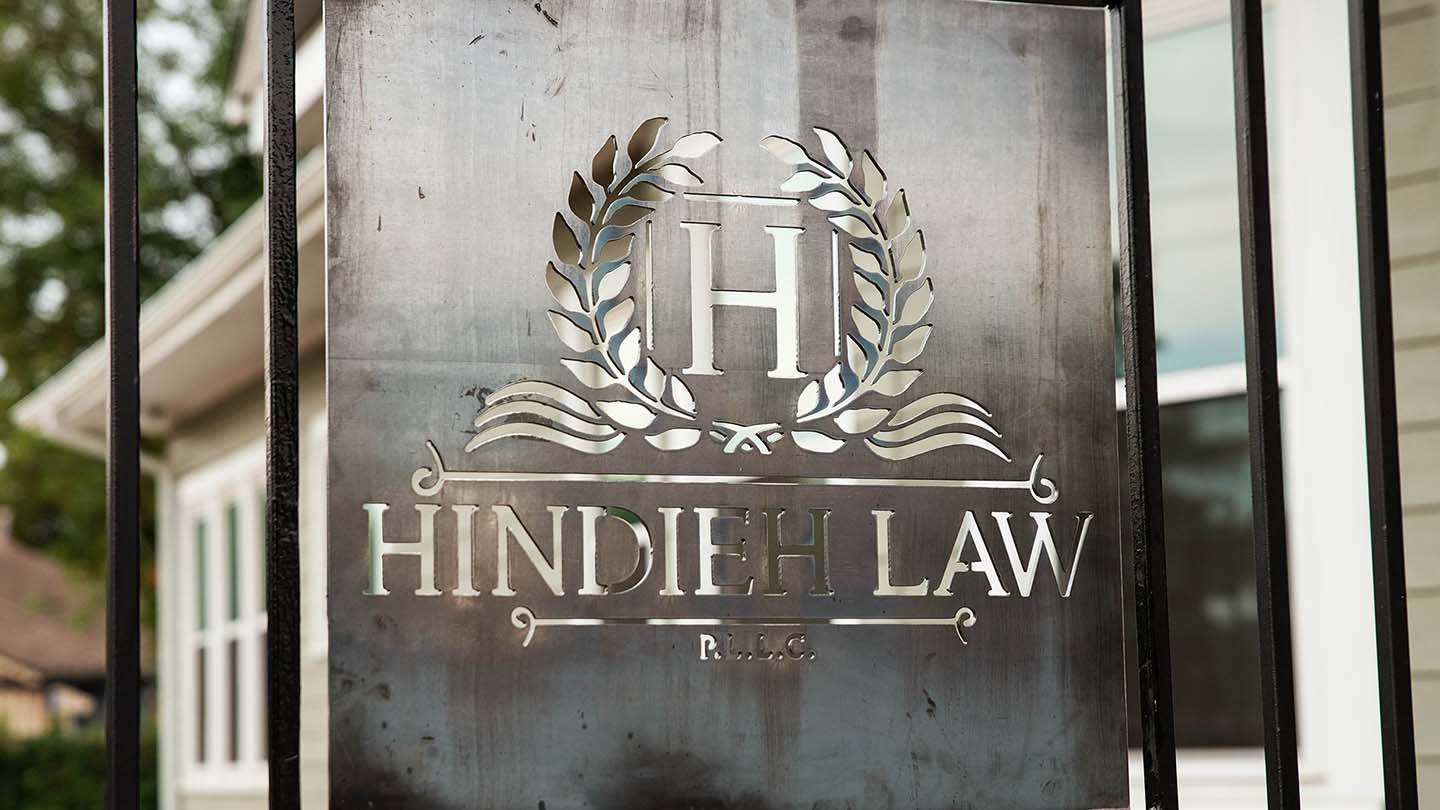Everyone should be aware of their Miranda rights, the right to remain silent, and the right to legal representation in court when they are detained.
Most people find being arrested offensive, terrifying and demeaning. But it’s crucial to maintain composure and behave sensibly during the process.
What Are Miranda Rights?

Miranda Rights are obligated to be read to the person being detained by the arresting officer, but even if the officer does not inform the individual of his Miranda Rights, it is still crucial that they are known. These rights are, in brief, the right to silence and the right to legal representation in court. These protections are intended to shield those who are charged with the offense of self-incrimination.
But it frequently happens that when someone is being detained or suspected of a crime, the police intimidate them into collecting information, or in their uncertainty and anxiety of the situation, they unintentionally say something against their better judgment. As a result, it’s usually preferable to keep quiet, even if you are completely innocent, as the police may use whatever statement you make against you.
You also have the right to object to any search of your house, your car, or you personally (a blood or breath test, for example). To carry out these searches without your knowledge or consent, officers must show you a warrant that has been approved by a judge. If not, it is best to decline this kind of search.
What is Mirandized?
The wording used when a person is read the Miranda Warning, also known as being ‘Mirandized,’ is clear and direct:
“You have the right to remain silent. Anything you say can and will be used against you in a court of law. You have the right to an attorney. If you cannot afford an attorney, one will be provided for you. Do you understand the rights I have just read to you? With these rights in mind, do you wish to speak to me?”
When The Police Must Read Your Rights
It is important to note that police are only required to Mirandize a suspect if they intend to interrogate that person under custody. Arrests can occur without the Miranda Warning being given. If the police later decide to interrogate the suspect, the warning must be given at that time. Their vigilance to this rule means less chance of a case being overturned in court due to poor procedure on their part.
If public safety is an issue, questions may be asked without the defendant being Mirandized, and any evidence obtained may be used against the suspect under these circumstances. The Miranda Warning is all about questioning and being protected from self-incrimination under the Fifth Amendment, not being arrested.
The person arrested must still answer questions asked about their name, age, address, etc. They can be searched in order to protect the police officer. Also, a confession given before a suspect has been read the Miranda Warning may find that confession entered as evidence in court.
If you have been Mirandized and you waive your rights, meaning you wish to speak to police freely without an attorney present, you can change your mind at any time and ‘plead the fifth,’ meaning you no longer wish to answer questions or that you have changed your mind and wish to have an attorney present after all.
In some states, juveniles have the right to remain silent without their parent or guardian present.
Your Criminal Defense Attorney in Dallas, Texas
Finally, it’s crucial to speak with a lawyer as soon as you can. Do not waste time if you are already aware that the police are looking for you or if you have been detained. To avoid jail time, fines, or damage to your record, you must have tenacious legal representation in court.
At 214 Release: Hindieh Law, PLLC, our criminal defense attorney is highly knowledgeable and experienced with all aspects of criminal law. Hindieh Law defends its primarily Hispanic and Latino clients against drug charges, violent crime charges, alcohol violations, protective order violations, and all other misdemeanor and felony charges, including crimmigration.
Contact us right now at Call 214.960.1458 for a free consultation with our team of legal professionals if you or a member of your family has been detained. We can customarily help you get your loved one out of jail quickly by recommending bail bondsmen and utilizing our contacts to accelerate the process. That’s one of the reasons why we are known as 214-Release.






